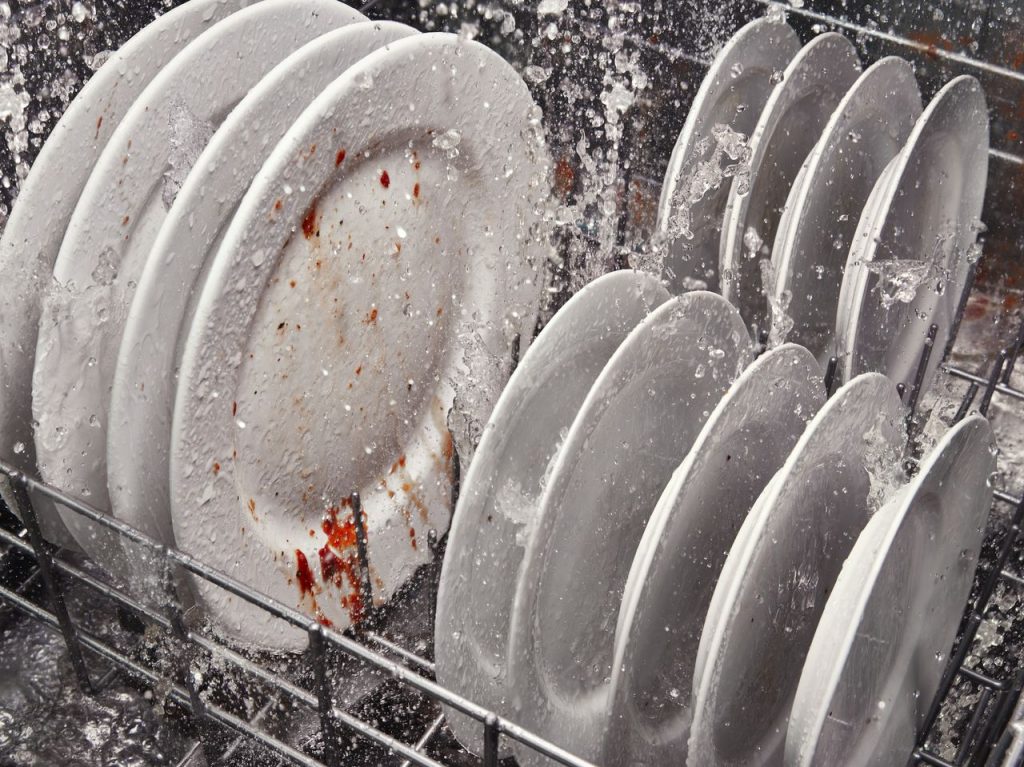How to Test for Hard Water in Dishwashers
How to Test for Hard Water in Dishwashers


Hard water is a common issue in many households, and it can have a significant impact on your appliances, particularly your dishwasher. If you suspect that hard water is affecting your dishwasher’s performance, it’s essential to test for it. In this article, we will guide you through how to test for hard water in dishwashers and offer solutions to mitigate its effects.
Understanding Hard Water
Hard water contains an elevated level of minerals, primarily calcium and magnesium. When hard water is used in appliances like dishwashers, these minerals can accumulate over time, leading to various problems:
- Scale Buildup: Mineral deposits can accumulate on heating elements and other parts, reducing the efficiency of your dishwasher.
- Spots on Dishes: Hard water can leave mineral deposits on your glassware and dishes, resulting in unsightly spots.
- Reduced Cleaning Power: The minerals in hard water can interfere with the cleaning agents’ ability to break down food particles and stains.
- Shortened Appliance Lifespan: The buildup of scale can lead to appliance damage and a shorter lifespan.
Testing for Hard Water in Dishwashers
To determine if hard water is affecting your dishwasher, you can perform a simple test. Here’s how:
Materials You’ll Need:
- A clear glass
- Dishwasher detergent
- A measuring cup
Steps:
- Fill the Glass: Fill the glass about a third full with tap water from your dishwasher.
- Add Dishwasher Detergent: Add a few drops of dishwasher detergent to the water in the glass.
- Stir Well: Stir the mixture thoroughly until the detergent is fully dissolved in the water.
- Observe the Reaction: Leave the glass undisturbed for 24 hours. Check the glass after this time.
Interpreting the Results:
- No Film: If the water remains clear and transparent after 24 hours, you likely do not have hard water.
- Cloudy or Milky Water: If the water becomes cloudy or milky, it indicates hard water. The cloudiness is due to the reaction between the minerals in the hard water and the detergent.
Mitigating the Effects of Hard Water:
If you discover that hard water is affecting your dishwasher, here are some steps you can take to mitigate its effects:
- Use a Water Softener: Installing a water softener in your home can significantly reduce the hardness of your water. This, in turn, will help prevent mineral buildup in your dishwasher.
- Use Rinse Aid: Most dishwashers have a rinse aid compartment. Adding a rinse aid can help prevent spotting on your dishes and glassware.
- Regular Cleaning: Periodically clean your dishwasher to remove mineral buildup. Use a dishwasher cleaner or a solution of vinegar and water.
- Adjust Detergent Usage: You might need to adjust the amount of detergent you use. Hard water requires less detergent than soft water, so follow the manufacturer’s recommendations.
- Consider Detergents for Hard Water: Some dishwasher detergents are formulated specifically for hard water. Using one of these detergents can help improve cleaning performance.
In conclusion, testing for hard water in dishwashers is a straightforward process that can help you identify and address potential issues. If you find that hard water is affecting your dishwasher, implementing some of the mitigation strategies mentioned can improve your dishwasher’s performance and extend its lifespan.
